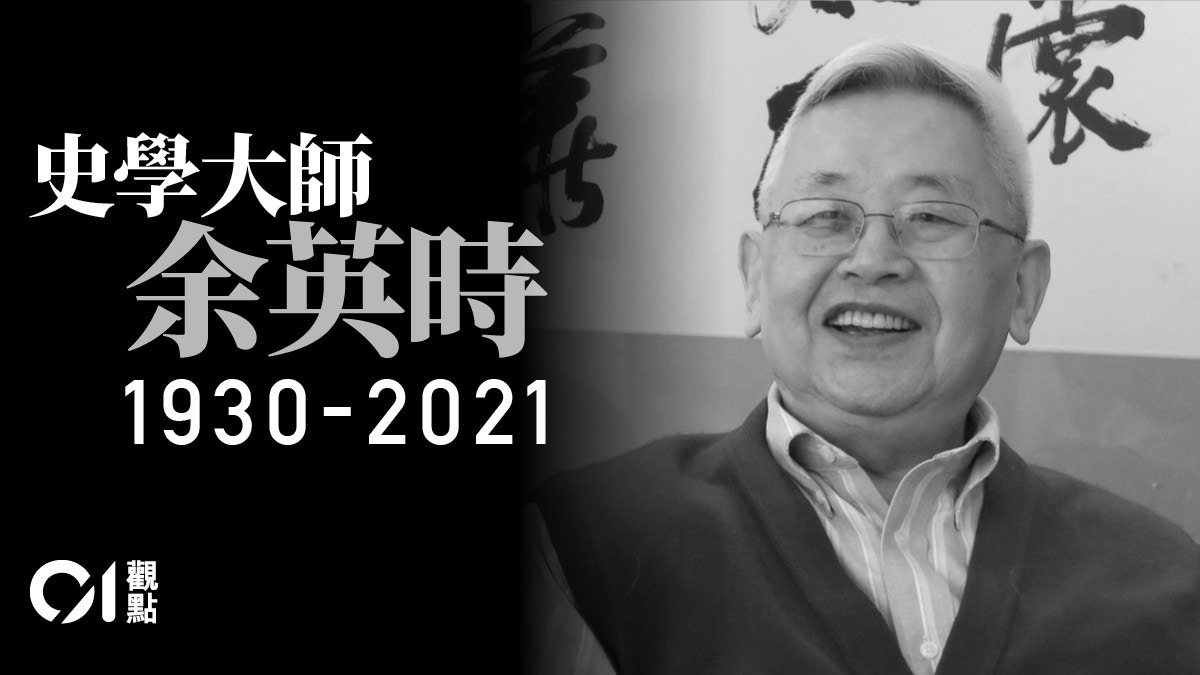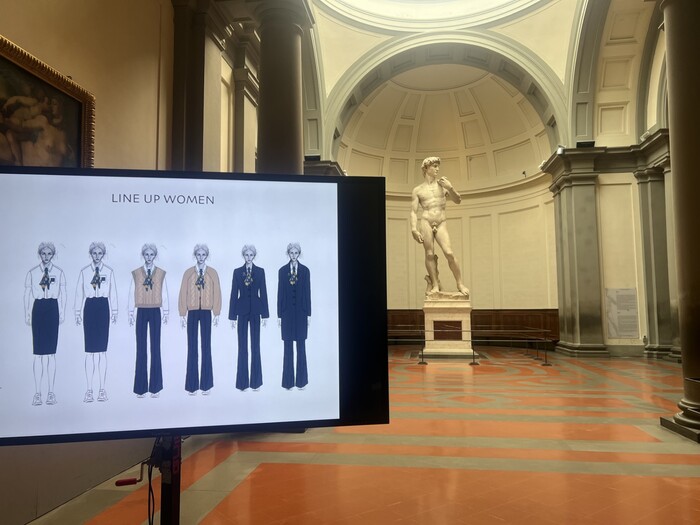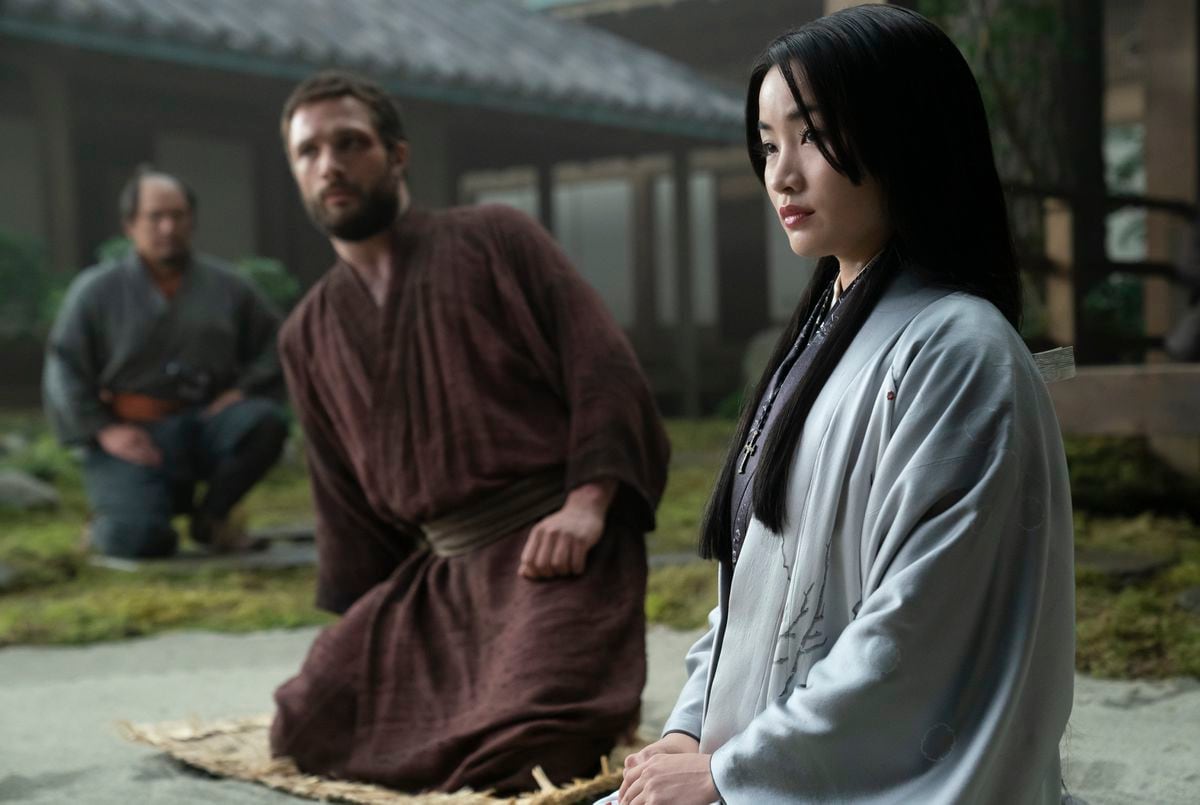Taiwan’s Academia Sinica announced that Yu Yingshi, a master of historiography, passed away in the United States on Sunday (August 1) at the age of 91.
If it is said that his teacher Qian Mu "calls for the soul of the homeland all his life," Yu Yingshi himself can be said to be "asking how to be a scholar all his life."
Yu Yingshi's ancestral home is Anhui and was born in Tianjin. He came to Hong Kong in 1949 because of the civil war between the Kuomintang and the Communist Party of China.
In 1955, Yu Yingshi went to the United States to study at Harvard. Under the tutelage of Yang Liansheng, he studied the Eastern Han Dynasty view of life and death and obtained a doctorate in history. He successively taught at the University of Michigan and Harvard University.
"Where I am, China is wherever I am"
Except for the two years when he returned to Hong Kong in 1973 as the Dean of the New Asia Book Academy and the Vice President of the Chinese University of Hong Kong, Yu Yingshi spent most of his academic career in the United States and eventually passed away in the United States.
For such a Chinese-American, it is unclear whether it is appropriate to call him "traveling in the United States," but it is certain that he has lived as a Chinese throughout his life.
Many years after Yu Yingshi left his hometown, he once said, "Where am I, where is China." The famous saying is still well-known.
It separates China from the geographical concept and becomes a cultural subject, trying to find a new definition for China.
Yu Yingshi's thought of denationalization is not only because he has left mainland China in his early years, but also related to his personal experience.
He once explained that after he was admitted to Harvard University in 1955, the Taiwanese Kuomintang government refused to issue a ROC passport, so that he wanted to enter the United States as a stateless person.
"I didn't have a "country" in my early years, so my thinking was not restricted by a "country"," he is so self-confident.
In 1978, Yu Yingshi returned to mainland China for an academic visit, which was his only time.
According to its description, this trip is "the children and grandchildren after a thousand years come to pay tribute to the footsteps of their ancestors", saying that "even though the crane returned twenty-nine years later, I found that "the city is like the old people are not", my "Chinese feelings" are not only It hasn't been reduced a bit, but it seems to be increasing day by day."
Yu Yingshi studied the history of Chinese thought in a wide range called "from Yao to Mao."
Not only is he keen to find out the interrelationships between literature, history, and philosophy, as well as to compare Chinese and Western ideological traditions, but also good at putting the history of thought back into the context of political, social and cultural history.
From the early collections of "History and Thought", "Seniors and Chinese Culture" to "Zhu Xi's Historical World" in his later years, this academic interest can be seen.
Yu Yingshi not only studied Chinese taxi culture and compared it with Western public intellectuals, he also obviously took public knowledge as his own responsibility. After the 1949 regime changed hands on the mainland and the Cultural Revolution, Yu Yingshi devoted himself to exploring the roots of his civilization and working in the United States. Tirelessly promote Chinese civilization.
"Remote Interests" Anti-Communist for most of my life
Perhaps out of this spirit of taking scholars as his own responsibility, Yu Yingshi likes to comment on current affairs, even though he claims that politics is only a "remote interest."
The public's understanding of Yu Yingshi in Hong Kong may lie in his support for the occupation movement and anti-revision demonstrations, or praised the Taiwan Sunflower Student Movement as "extremely amazing" and criticized the Ma Ying-jeou government for leaning toward the mainland.
But in fact, Yu Yingshi's anti-communist color has appeared quite early.
In 1952, Yu Yingshi became the editor-in-chief of the "Chinese Students Weekly", pointed out that "the Chinese mainland is a dark ruling ideology." The magazine later stated that "the mainland of the motherland is currently under the rule of the Chinese Communist Party, and the inherent culture has been destroyed. , Western culture is also isolated."
Yu Yingshi's long article "Anti-Intellectualism and Chinese Political Tradition" published in 1975 was also completely aimed at the Cultural Revolution in mainland China.
This article was even considered by his teacher Qian Mu to be too radical, and simply obliterated China's political tradition with the four words "autocracy of the emperor."
However, although Yu Yingshi's anti-communist political thought has been carried through his entire life, it seems to be too subjective. The China he imagined is even different from reality.
The most prominent example is that after he was awarded the first Tang Scholar Sinology Award in 2014, he once stated that the Chinese Communist Party tried its best to undermine democracy, freedom, and the rule of law, and it would soon collapse.
He once criticized that during Xi Jinping's presidency, China was difficult to rise, and the political system was difficult to maintain without changing the political system.
However, the idea that "the CCP will soon collapse" has been self-defeating. Singaporean Prime Minister Lee Hsien Loong also recently said that China will not disappear like the Soviet Union.
Even after the COVID-19 pandemic, many countries in Europe and the United States made reference to China's epidemic prevention and economic control policies to correct the shortcomings of capitalism.
In fact, the CCP has never been static, especially in the forty years since the reform and opening up.
In addition to helping the general public get rid of poverty, when the policy of introducing capital began to accumulate social problems, the central government began to revise its course. In recent years, Xi Jinping emphasized that "housing and housing should not be speculated", improving the welfare system and labor treatment, and cracking down on the oligopoly of the platform economy, etc. .
The mainland people’s trust in the CCP’s governance cannot only be explained by the "authoritarian regime."
In his later years, Yu Yingshi's tireless concern for the society and politics of the three sides of the strait can be said to reflect the "spirit of religious commitment" of intellectuals, and scholar-officials used "Orthodoxy" to restrict "political reunification."
However, society must not forget that if there is no comprehensive understanding of reality, how can it serve as a social beacon?
There are many highly educated and capable people in Hong Kong. Many of them are willing to contribute to society and become intellectuals. But how many of them are willing to seek truth from facts and humbly recognize social needs and political realities?
Ten major reforms.
2. Hong Kong must re-understand the Chinese Communist Party from a new perspective


/cloudfront-eu-central-1.images.arcpublishing.com/prisa/SA64QHEFJFGB3OONE7GHYBUNBU.jpg)






